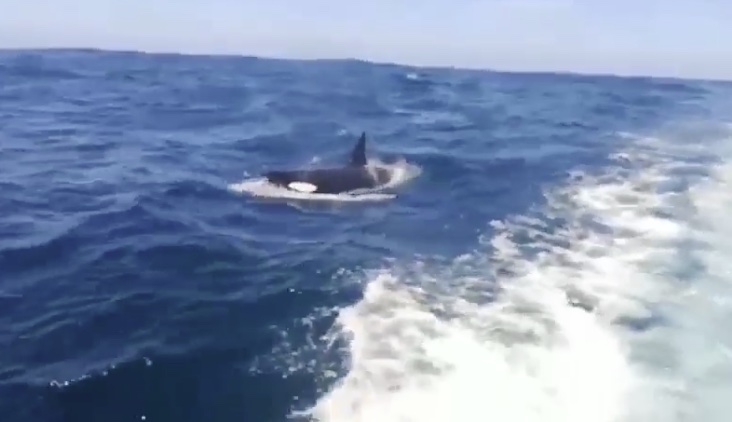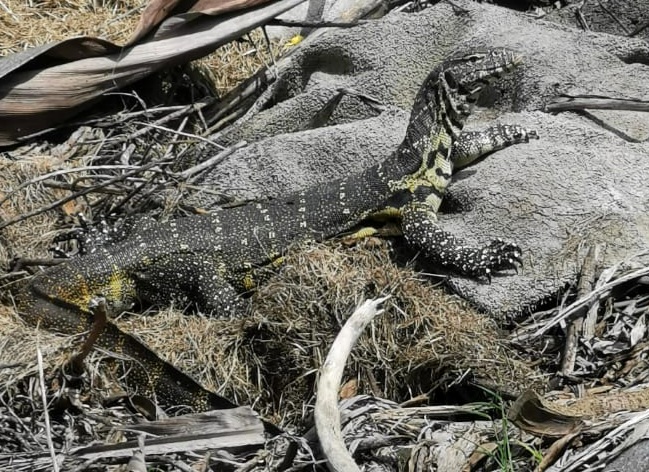A pod of 14 killer whales has been recently spotted in Plettenberg Bay, a popular seaside resort on the Garden Route in South Africa’s Western Cape province. The sighting has surprised and thrilled both locals and tourists who were lucky to witness it.
Killer Whales: The Most Social Marine Mammals
Orcas, also called killer whales, are very gregarious animals living in groups of up to 40. Therefore, seeing 14 killer whales cruising in the bay is not unusual. These magnificent creatures are known for their intelligence, playfulness, and beauty.
Concerns over Killer Whales’ Behavior
Most people on social media said how wonderful it was to see the whales, but some were worried after a pair of killer whales attacked great white sharks in Mossel Bay, some 137 km distant. The two killed at least nine great white sharks over seven years. They attacked them to consume their livers.
Sharks’ Presence in Plettenberg Bay
Several sharks have also been seen at Plettenberg Bay; at least two shark attacks that killed people were recorded last year. But shark specialists say we shouldn’t be afraid of these animals because the odds of getting killed by one are exceedingly minimal. In reality, a shark specialist who preferred to remain nameless argues that you are 47 times more likely to die from lightning or 11 times more likely to die from fireworks than a shark.
Responsible Whale Watching
The presence of killer whales and other marine creatures in Plettenberg Bay highlights the region’s rich diversity of marine life. It also reminds us of the importance of responsible whale watching and marine conservation. Boat tour agencies, such as Ocean Blue Adventures, are vital in educating tourists about the fragility of marine ecosystems and the need to respect marine life.
In conclusion, the sighting of killer whales in Plettenberg Bay is undoubtedly magnificent. Still, it also raises important questions about the behavior of these animals and the need for responsible whale watching. Let us enjoy these beautiful creatures’ beauty while ensuring their continued protection for future generations.








